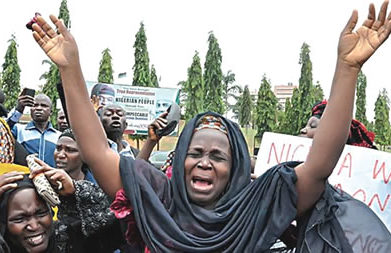


The Oodua People’s Congress (OPC) has issued a pressing call to the six Governors of South-West Nigeria, urging them to declare a state of emergency in response to security threats posed by foreign terrorists reportedly establishing camps in the forests of Yorubaland [2287e152]. OPC President Otunba Wasiu Afolabi highlighted the urgency of the situation, referencing comments from Oyo State Governor Seyi Makinde about bandits fleeing military actions in the North [2287e152]. Afolabi emphasized the need for collaboration with security agencies and the Federal Government, led by President Bola Ahmed Tinubu, to effectively combat these emerging threats [2287e152].
Criticism was directed at the previous administration for allegedly allowing foreign militants to infiltrate Nigeria, with Afolabi insisting on immediate action to safeguard Yorubaland from these invaders [2287e152]. He also recalled a directive from the late Governor Rotimi Akeredolu in 2021 that called for the expulsion of herdsmen from forests, asserting that any groups found camping in these areas should be treated as terrorists [2287e152].
This call for action comes amid a backdrop of escalating insecurity in Nigeria, particularly in regions like Zamfara State, where armed banditry and violence have disrupted lives and livelihoods [98047412]. The Centre for Community Excellence (CENCEX) and Human Rights Agenda Network have noted that the ongoing violence in Zamfara is a national security concern that could potentially spread further [98047412]. The situation has led to internal displacement and a significant humanitarian crisis, particularly affecting women and girls who face increased vulnerability to violence [98047412].
In North-East Nigeria, the Protection Sector is actively addressing the protracted crisis that has persisted for over 14 years, with a focus on mitigating protection risks and enhancing the overall security environment [ff887ffd]. The sector received $36 million in funding in 2023 to support its objectives [ff887ffd].
The combined narratives of the OPC's urgent appeal and the ongoing security challenges in Zamfara and North-East Nigeria underscore the critical need for comprehensive strategies to address the multifaceted security threats facing the nation [98047412][ff887ffd].